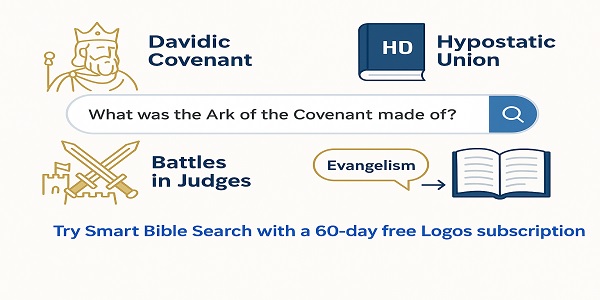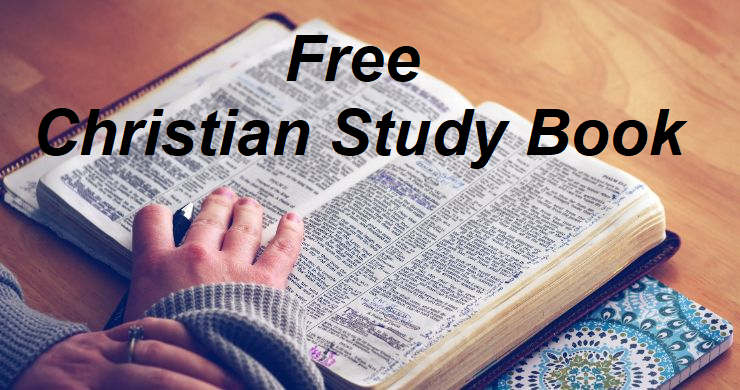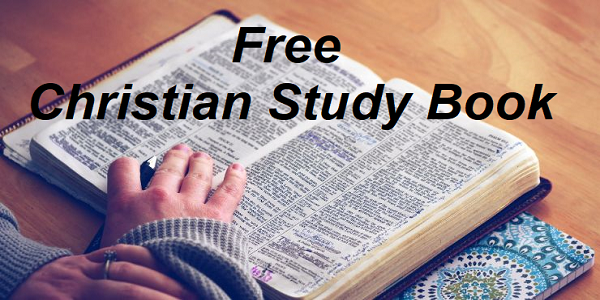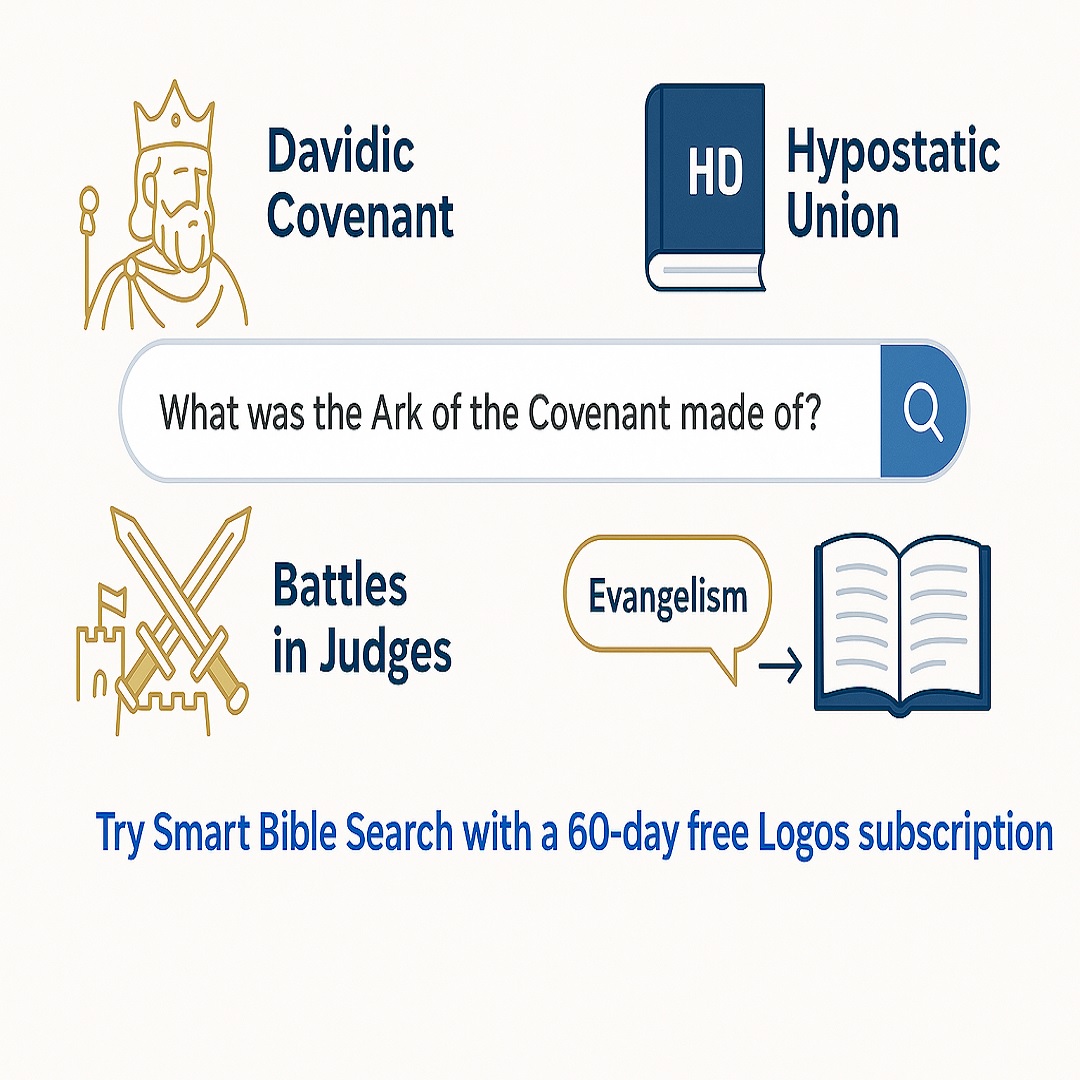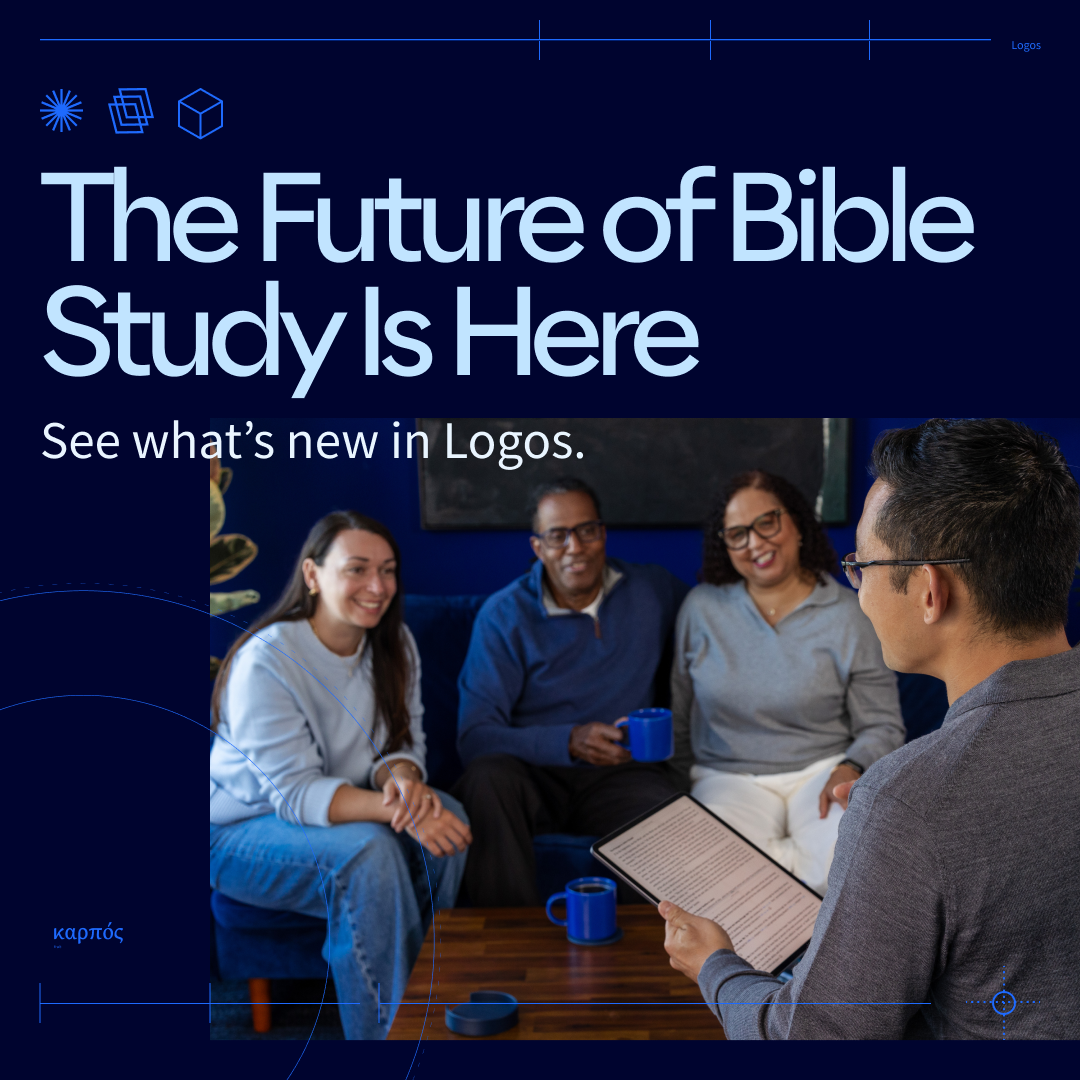Ephesians 2 Overview
Ephesians Chapter 2
The letter to the Ephesians Chapter 2 has two overarching parts: you were zombies and you were foreigners. Inside these themes are many other themes clustered.
You Were Zombies
1 At one time you were dead in your sins and evil actions, 2 living your lives according to the ways of the world, under the control of the devil [the ruler of the power of the air – Ed], whose spirit is at work in those who disobey God. 3 All of us were once like that, our behaviour determined by the desires of our sinful human nature and our evil way of thinking. Like everyone else, in our nature, we were children of anger [wrath].*
4 But God in his generous mercy, because of the amazing love he had for us 5 even while we were dead in our sins, has made us alive together with Christ. Trusting in him has saved you! 6 He raised us up with Christ, and in Christ Jesus seated us with him in heaven, 7 so that in all eternity to come he could demonstrate the amazing extent of his grace in showing us kindness through Christ Jesus. 8 For you’ve been saved by grace through trusting in him—it’s not through yourselves, it’s the gift of God! 9 This has nothing to do with human effort, so don’t be proud of yourselves. 10 We’re the product of what God does, created in Christ Jesus to do good, which God already planned that we should do.
You Were Foreigners
11 So you who are “foreigners” humanly speaking, called “uncircumcised” by those who are “circumcised”* (which is only a procedure carried out by human beings), you need to remember 12 that once you had no relationship to Christ. You were barred as foreigners from being citizens of Israel, strangers to the agreement [covenant] God had promised. You had no hope and you lived in the world without God. 13 But now, in Christ Jesus, you who were once a long way off have been brought near by the blood of Christ.
14 Christ is our peace. Through his body he made the two into one and broke down the separating wall of hostility that divided us, 15 freeing us from the law with its requirements and regulations. He did this so he could create, in Himself, one new person out of the two. Hence making peace, 16 and completely reconcile both of them to God through the cross as if they were just one body, having destroyed our hostility towards each other.
17 He came and shared the good news of peace with those of you who were far away, and those who were nearby, 18 because through him we both gain access to the Father through the same Spirit. [19 That means you are no longer strangers and foreigners; you are fellow citizens of God’s people and belong to God’s family. 20 God is building this family on the foundation of the apostles and prophets, with Christ Jesus as the cornerstone. 21 In Him, the whole building joins together, growing into a holy temple for the Lord. 22 You too are being built together in Him as a place for God to live by the Spirit.]1
Ephesians Chapter 2 Overview
Important Note: whenever we see the words “Foreigners”, “Gentiles” or”Nations” are interchangeable terms.
In the 22 verses of Chapter 2, Paul has designed two passes through the same story as two paragraphs from different perspectives:
- Verses 1 through 10, from a cosmic perspective, cover the transition from zombies, “You all were the living dead.” to new humans.
- Verses 11 through 22, from a covenantal perspective. using the language of foreigners and exiles and strangers. Thus the transition is from covenant outsiders to fellow family members in God’s covenant family.
The following chart shows the design of both paragraphs side by side. 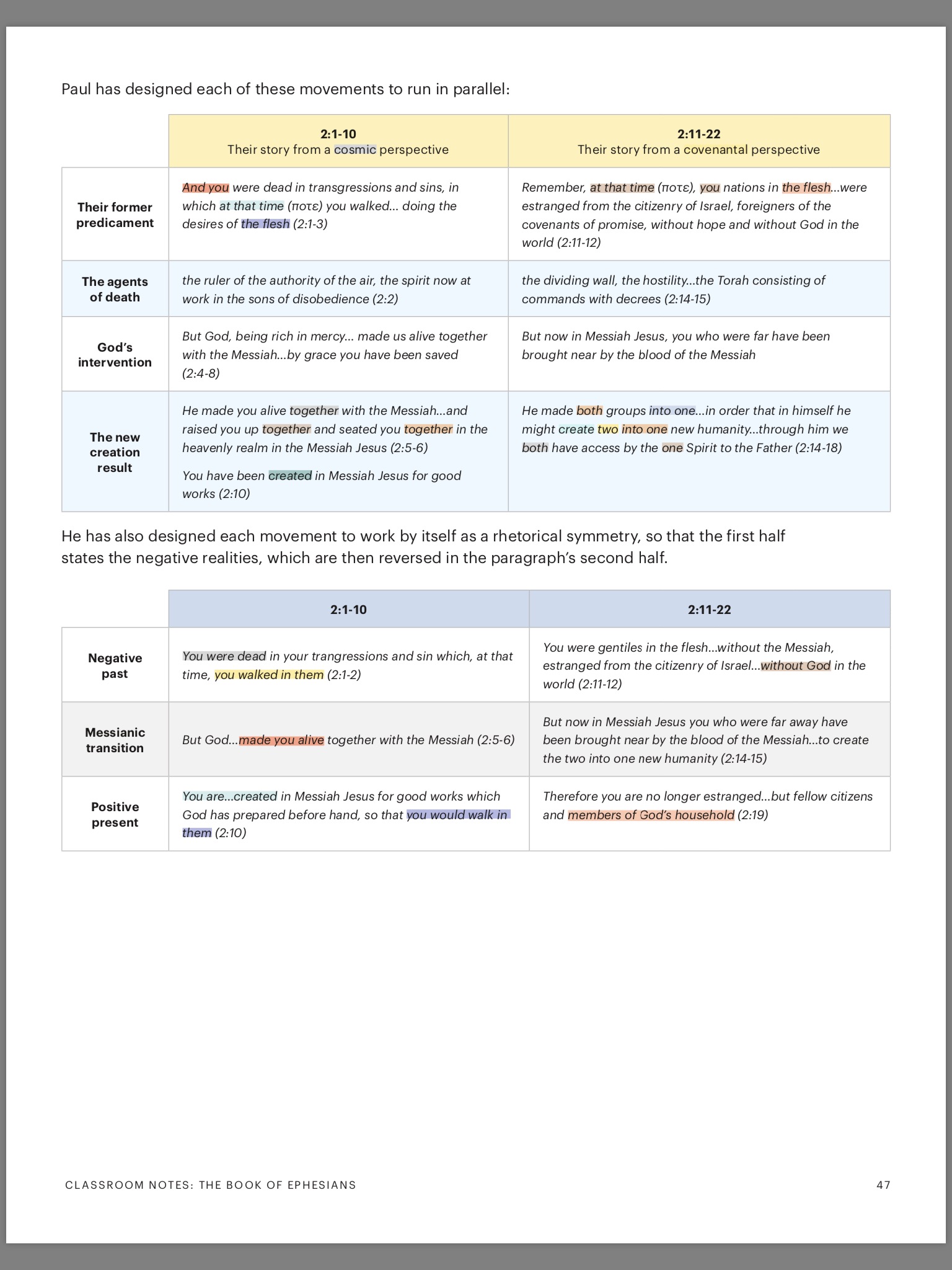
Eph.2 Overview Chart
(Chart From Tim Mackie’s Classes on Ephesians- The Bible Project)
Both Paragraphs of Ephesians Chapter 2 Begin With “Remember When”
- The beginning of verses 1-10,
“You were dead in transgressions and sins, in which at that time you walked doing the desires of the flesh.”
1 “… you were dead in your sins and evil actions, 2 living your lives [you walked] according to the ways of the world [desires of the flesh]…”
- At the beginning of verses 11-22,
11 “So you who are “foreigners” humanly-speaking, called “uncircumcised” by those who are “circumcised”* (which is only a procedure carried out by human beings) [estranged from citizenship in Israel]…”
In both cases, he will identify something significant. Something that powerfully contributes to preventing them and us, from entering into the new creation.
Enslaved
It’s something to which they were enslaved or captive.
- In verses 1 – 10, Paul calls this captor the ruler of the authority of the air.
- In verses 11 – 22, this captor was the Torah (the Law), an idea difficult for the first generations of the Jesus movement to process.
The Torah was one of God’s beautiful gifts to Israel. It was God’s good will that simultaneously brought death and curse because of Israel’s inability to fulfil its role as the covenant.
It also generated hostility between Israel and outsiders. Making this a challenging issue in Paul’s view of the law or the Torah.
God Intervened both now and not yet
God intervened in both cases.
- He’s rich in mercy. We were Zombies, but He made us alive, together with the Messiah (verses 1 – 10).
- You were far away and have now been brought near in Messiah Jesus (verses 11-22).
In both cases, Paul talks about a new creation, both now and “not yet”.
- In the first paragraph, He made you alive together (the now) and raised you together (the not yet). However, Messiah Jesus has recreated you, so the language reflects new creation (verses 1-10).
- In the second paragraph, He made two groups into one to create a new humanity. verses 11 – 22
Paul’s view of salvation is the creation of a new humanity in the Messiah.
Ephesians Chapter 2:1 – 10 Logical Flow
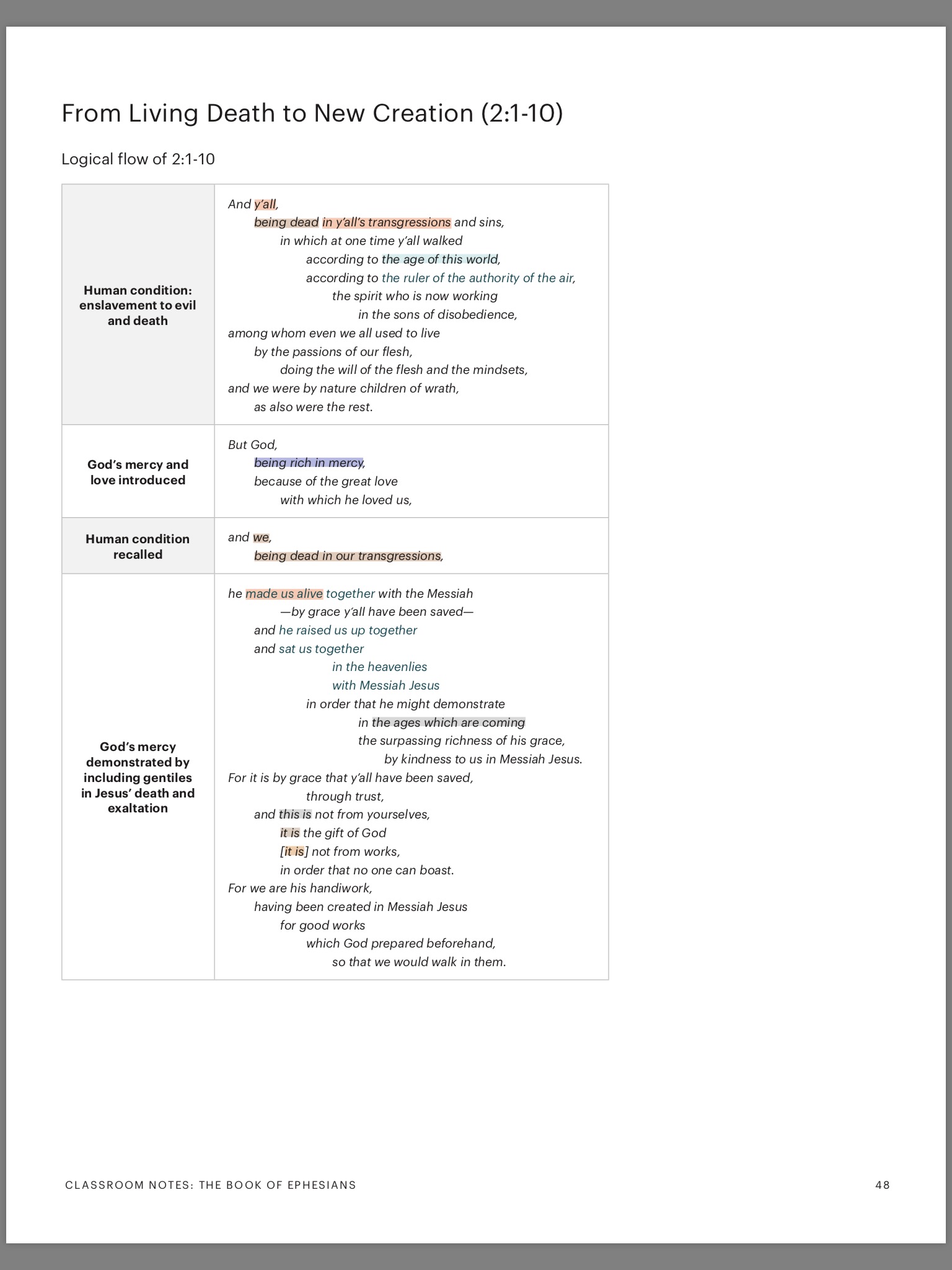
Eph.2 Logical Flow Overview Chart
Ephesians Chapter 2: The Human Condition, Enslavement To Evil and Death
See in verses 1-3, particularly in the Logical Outline translation (above), the “you” (The “you” here is plural and is referring to the Gentiles. Tim Mackie prefers the southern American term Y’all.) and the “we”. If “y’all” are the Gentiles then the “we” are Israel.
Paul says that ‘you’ Gentiles were lost, dead in transgressions and sins, but ‘we,’ the covenant people, were also lost. Any reading of the Old Testament makes it very clear that the covenant people didn’t have their act together either.
So all of us used to live by the passions of our flesh and had the mindset of doing the will of the flesh yielding to our base desires and passions. Paul uses the plural noun for passions here (verse 3). He is making clear that there are many mindsets that you can choose, all of which, lead to death. All of them, and consequently all of us, remain enslaved to The Powers outside the apocalyptic mindset.
Mercy
Paul has two main focus points in this paragraph.
- The state of we and y’all which is dead, captive to flesh, captive to mindsets under slavery, under the authority of the ruler and
- The contrasting portrait of God in response to the we, the dead, rebellious, self-destructing humans is Mercy!
God’s activity of new creation in the resurrection and enthronement language of the exalted Messiah expresses mercy. The Messiah raised and rules heaven and earth in chapter 1, now offers a more complete portrait of “ourselves” exalted with Jesus. We are already, currently reigning together “In Him”.
Ephesians Chapter 2: Paul’s Theology of Grace
Every Christian’s Favourite Verse
“8 For by grace are ye saved through faith; and that not of yourselves: it is the gift of God: 9 Not of works, lest any man should boast” Ephesians 2:8–9 (KJV 1900).
The above is one of Paul’s most classic statements of Paul’s theology of grace.
Where Paul says that it’s by grace, he has a couple of angles:
- Grace and the Individual
Typically, we tend to read this in an individualist fashion. That is, my effort alone does not generate grace. I’m a mortal human. I’m going to die unless somebody who has power over death can help me with that. This is very clear; we must receive it as a gift. Paul is famous, for the phrase: “It’s not from works.” It is, highly, focused and applied in his letter to the Galatians and Romans about works and the observances of the Torah. Observance of the Torah, he believes is good, but cannot earn God’s mercy. Many Protestant traditions emphasize that work, grace, gift, and avoiding boasting apply only to individuals seeking to merit God’s favour personally.
2. Grace and Us
However, the other aspect of this statement is something few ever notice. Something that the grace/gift of the new creation creates. He is talking about the social implications of grace.
Paul will be passionate about applying this to how this affects social relationships within a church community.
He is not just saying that boasting is not good for relationships. It isn’t but he is saying much more than that. He is applying, nobody being able to boast, in terms of male and female, and slave and free and barbarian and Scythian and Greek and Jew. It’s a social concept for Paul. God gave us grace as a corporate gift for everyone in Him.
Everyone together in a relationship with each other. It’s you and me and them. As long as we remain in Him, He binds us together, and the gift belongs to us corporately. Not as I but as we, us not me, not as individuals but as a group.
It’s the same thing undergirding Galatians. Different contexts, different debates but the same theology comes out. “Y’all are sons of God through faith in Messiah, Jesus.” Y’all. All of you who were baptized into Messiah have clothed yourselves with Messiah.
===============================
1English: Free Bible Version Provided by: Free Bible Ministry, Inc. and open.bible, licensed under CC BY ND Published:
*2:3. The Greek is literally, “Children in nature of anger.” Following the previous thought about human nature, this could mean we are “naturally angry” or rebellious towards God. Or we could view ourselves as the object of divine anger.

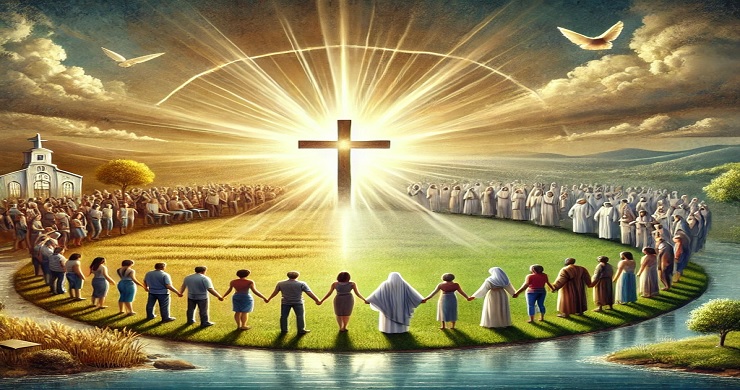

 Search The Bible the way you have always wanted to.
Search The Bible the way you have always wanted to. The most complete Bible study Platform. Start you Free trial Now!
The most complete Bible study Platform. Start you Free trial Now!